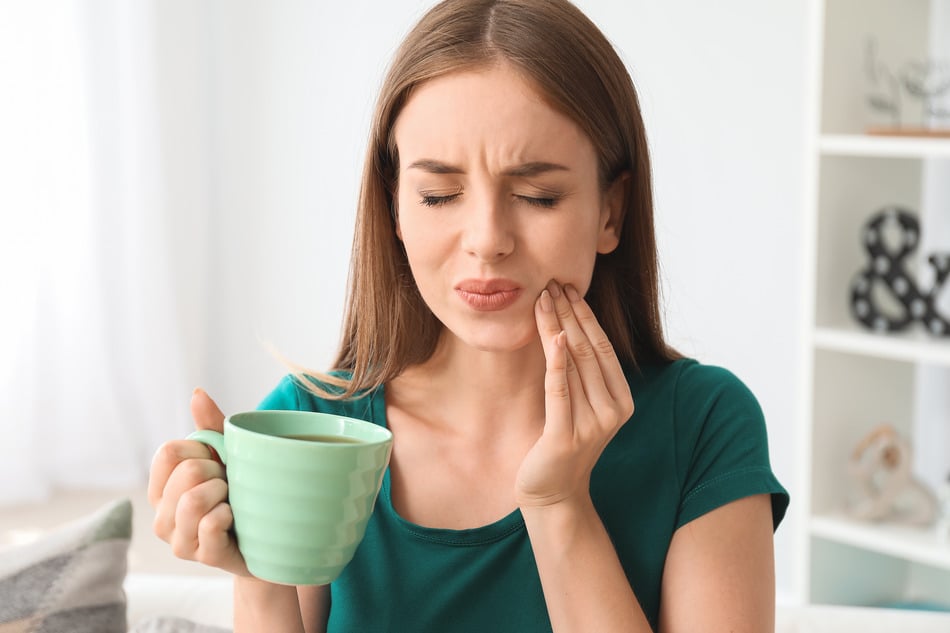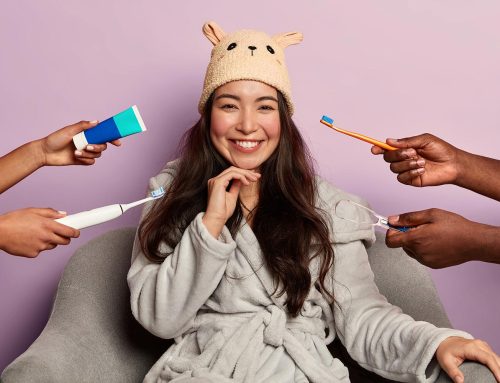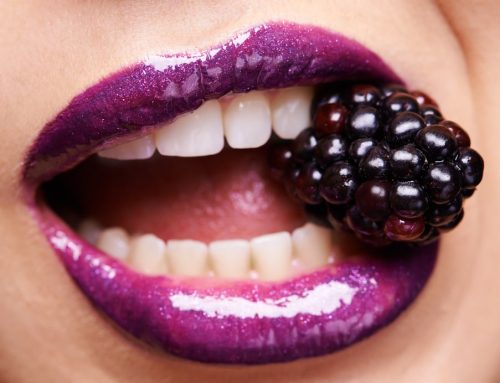Does Teeth Whitening Hurt? Myths, Facts & Comfort Tips
You’ve seen the dramatic before-and-after photos. You’ve heard friends rave about their results. But if you’re like many people considering whitening, one question still lingers:
Does teeth whitening hurt?
You’re not alone. It’s one of the most common concerns we hear from new clients. In this blog, we’ll clear up the facts around whitening sensitivity, explain how professional teeth whitening differs from drugstore kits, and share how we help you stay comfortable every step of the way.
The Truth: Whitening Doesn’t Have to Hurt
Let’s start here: teeth whitening treatments should not be painful when done correctly. That said, some people—especially those with sensitive teeth—may feel temporary discomfort during or shortly after a whitening session.
This sensitivity often ranges from mild tingling to brief zaps when you drink something hot or cold. It’s short-lived (typically 24 to 48 hours), and in many cases, it can be avoided entirely with the right preparation and aftercare.
When whitening is performed by a trained professional, it’s not only more effective—it’s also far more comfortable.
What Causes Sensitivity During Whitening?
Most teeth whitening procedures use gels that contain hydrogen peroxide, which breaks down stains beneath the surface of your tooth enamel. This process is what allows whitening agents to visibly remove stains caused by things like coffee, red wine, and time.
However, treatments involving hydrogen peroxide can temporarily open tiny pores in the enamel, exposing the more sensitive inner layer (dentin) to outside stimuli. That’s when you might feel a “zing” or a cold shock from air or beverages. You’re more likely to experience sensitivity if:
- You’ve recently had a dental procedure, like a cleaning or filling
- Your enamel is naturally thin or weakened
- You use over-the-counter products too frequently or improperly
- Whitening strips overlap with small cracks or gum recession
The good news? These effects are not permanent, and with personalized care, they’re often preventable.
Why Professional Whitening Feels Better
At ABQ Teeth Whitening, we’ve built our practice around delivering results without the sting. Our approach to whitening procedures is designed to give you a noticeably brighter smile—with noticeably less discomfort. Here’s how we protect your comfort:
- Personalized application: We tailor your teeth whitening procedure to your smile, adjusting the peroxide strength and treatment time to your enamel type and shade goals.
- Gum protection: A professional barrier is applied to shield soft tissue during treatment—something most at-home kits skip entirely.
- Sensitivity support: We recommend using sensitive toothpaste before your visit and offer post-whitening care for those prone to discomfort.
- In-person monitoring: Every session is guided by a whitening specialist to ensure you’re safe, relaxed, and seeing real results.
In short: you’re never left to figure it out alone.

Common Whitening Myths—Busted
There’s a lot of outdated or misleading information online. Let’s clear up three big myths:
Myth 1: Whitening ruins your enamel.
Truth: Professional whitening does not damage tooth enamel. When supervised, it’s one of the safest cosmetic dental treatments available.
Myth 2: Sensitivity means something went wrong.
Truth: Minor sensitivity is normal and temporary. It’s not a sign of damage—just your teeth reacting to the peroxide working beneath the surface.
Myth 3: All whitening treatments are basically the same.
Truth: The difference between drugstore kits and professional teeth whitening is night and day. From strength and safety to longevity, results are significantly better with professional care.
What You Can Do Before Your Appointment
Worried about sensitivity? A little prep goes a long way. Here’s how to set yourself up for a smooth whitening experience:
- Switch to a sensitive toothpaste 7–10 days before your visit
- Avoid acidic or abrasive oral products (including whitening strips and mouthwashes)
- Don’t whiten too soon after a cleaning or dental procedure
- Let us know if you’ve had issues with sensitive teeth in the past
You can also eat beforehand—whitening on an empty stomach can sometimes amplify sensitivity for some clients.
What to Expect After Whitening
Most people leave feeling thrilled—and maybe just a bit tingly. Here’s how to stay comfortable as your enamel settles:
- Stick to a “white diet” (bananas, rice, plain chicken, yogurt) for 24–48 hours
- Avoid hot soup, iced coffee, citrus, or red wine for a day or two
- Keep brushing gently with a sensitive toothpaste
- Use cool water rinses and avoid overly aggressive flossing for a few days
- If needed, a mild pain reliever (like ibuprofen) can help ease lingering discomfort
If your sensitivity doesn’t fade after a few days, we’re just a phone call away.
Ready to Brighten Your Smile—Comfortably?
A radiant smile shouldn’t come at the cost of comfort. With professional teeth whitening at ABQ Teeth Whitening, you get brighter results without the stress, sting, or trial-and-error of DIY kits.
Whether you’re prepping for a big event or just treating yourself to a confidence boost, we’re here to help you shine—safely and comfortably.
📞 Call (505) 712-5205 to book your appointment today! Let’s make your smile the most comfortable highlight of your week.




